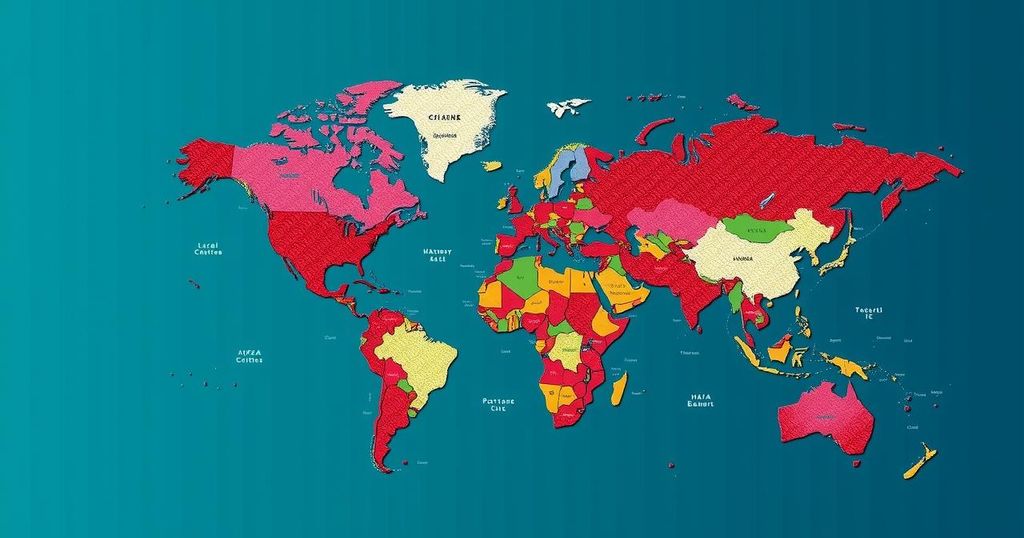Post-election, interest in digital nomad visas among Americans has surged, peaking in searches for relocating abroad. More than 50 countries offer these visas, allowing remote workers to live and work internationally for extended periods. Popular destinations include Spain and Portugal, which have varying income requirements and visa conditions.
Following the recent U.S. election, interest in digital nomad visas and relocating abroad has surged among Americans. The realization that Donald J. Trump secured a second presidential term triggered a spike in Google searches for terms such as “best countries to move to” and “how to move to Canada.” The trend towards digital nomadism, which gained momentum during the pandemic, persists as more individuals maintain the flexibility to work remotely from desirable destinations. Digital nomad visas are official permits that enable remote workers to live and work in another country for an extended duration, typically ranging from several months to five years. Over 50 countries, including New Zealand, Japan, Kenya, and Thailand, provide these visas with varying requirements and fees. In Europe, Spain, Portugal, the Netherlands, and Norway stand as premier locations for digital nomads. For instance, Spain allows various remote workers, including freelancers and employees earning at least $2,450 monthly, to apply for a visa valid for one year, with an application fee of $80. In comparison, Portugal demands a higher minimum monthly income of $3,500, granting a similar one-year visa that can be renewed multiple times after approval.
Digital nomadism refers to a lifestyle that allows individuals to work remotely while traveling to various locations, often in search of lower living costs or desirable climates. This concept gained prominence during the COVID-19 pandemic when many organizations embraced remote work. As the recovery unfolds, a considerable number of companies continue to offer flexible work options, leading to increased interest in relocating to countries that provide digital nomad visas and other incentives for remote workers. This rise is particularly evident following significant political events, such as elections, which can affect individual sentiments about life in their home country.
In summary, the aftermath of the recent U.S. election has catalyzed a notable surge in interest among Americans regarding digital nomad visas and relocating abroad. This trend towards digital nomadism, having gained traction during the pandemic, reveals individuals’ desires to explore more favorable living and working conditions. Countries offering digital nomad visas present diverse opportunities for remote workers, particularly in Europe, making the prospect of relocation increasingly attractive to many seeking new experiences.
Original Source: www.nytimes.com






